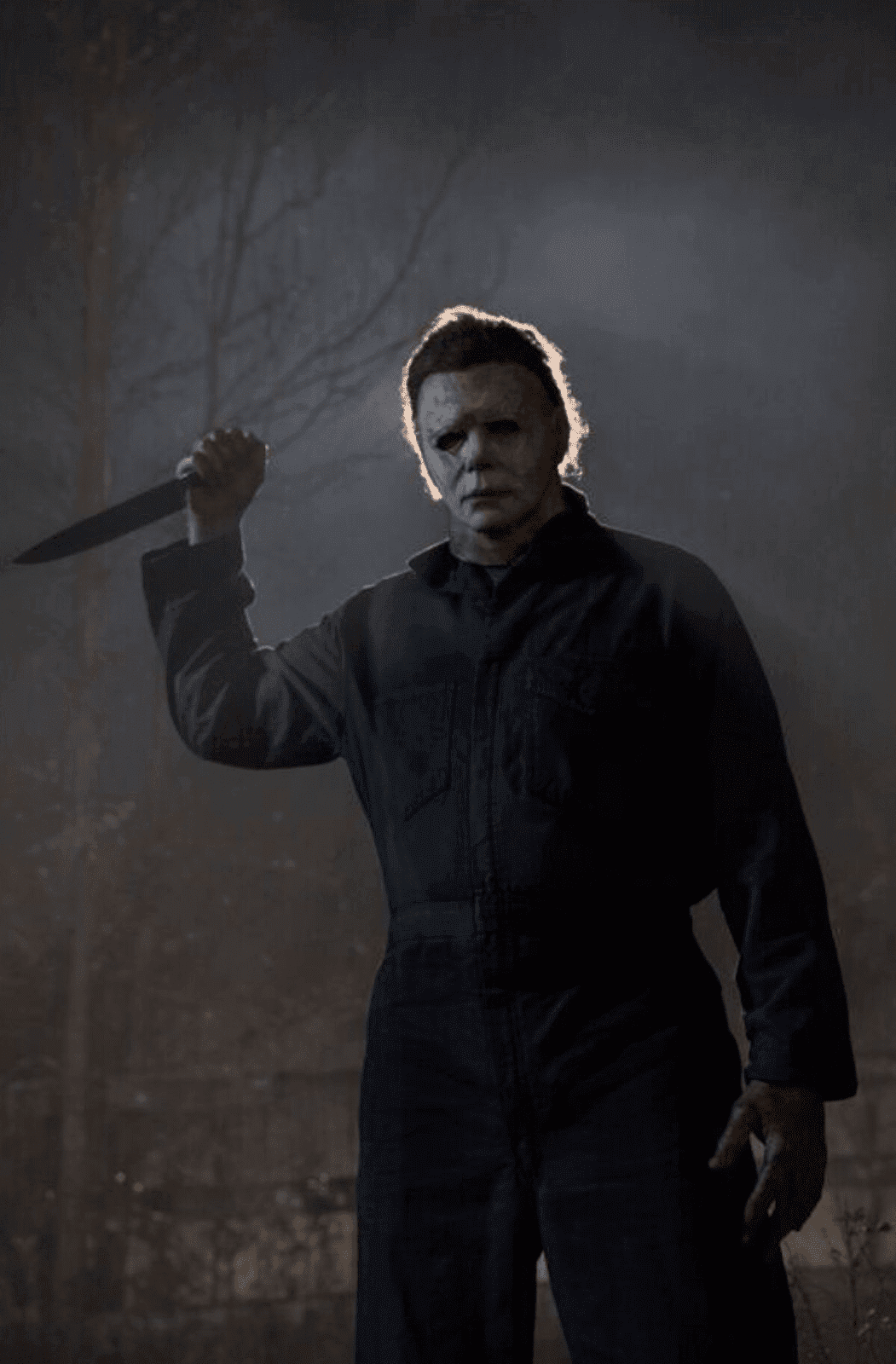Unmasking The Horror: A Dive Into Michael Myers Movies
Michael Myers movies have been a defining cornerstone in the horror film genre since the late 1970s. Introduced to audiences in John Carpenter's iconic "Halloween," this chilling character has evolved into a cultural phenomenon, inspiring countless sequels, reboots, and adaptations. The eerie atmosphere, combined with the relentless pursuit of the masked killer, has captivated fans and instilled fear across generations. As a figure representing pure evil, Michael Myers transcends the typical slasher archetype, prompting deeper questions about the nature of horror, fear, and the human psyche.
Over the years, the Michael Myers movies have not only entertained audiences but also sparked discussions about the themes of survival, trauma, and the significance of the final girl trope in horror cinema. Each installment adds layers to the mythology surrounding this enigmatic figure, and fans eagerly dissect every detail, from the iconic score to the intricacies of the plot. In exploring the evolution of Michael Myers, we can gain a better understanding of what makes these films resonate so strongly with viewers.
As we delve into the world of Michael Myers movies, we will explore the character's origins, the impact of the series on the horror genre, and the various interpretations that have emerged over the years. Whether you are a lifelong fan or a newcomer to the franchise, there is much to uncover about the man behind the mask and the chilling legacy he has left behind.
What is the Biography of Michael Myers?
| Attribute | Details |
|---|---|
| Name | Michael Myers |
| First Appearance | Halloween (1978) |
| Portrayed By | Nick Castle, James Jude Courtney, and others |
| Occupation | Serial Killer |
| Notable Traits | Emotionless, Masked, Superhuman Strength |
| Signature Weapon | Kitchen Knife |
| Franchise Owner | Universal Pictures |
| Genres | Horror, Slasher |
How Did Michael Myers Movies Begin?
The Michael Myers movies began with the release of "Halloween" in 1978, directed by John Carpenter. This film introduced audiences to the story of Michael Myers, a young boy who, after murdering his sister on Halloween night, is institutionalized. Fifteen years later, he escapes and returns to his hometown with a relentless focus on targeting Laurie Strode, played by Jamie Lee Curtis. The film's success was not only due to its terrifying narrative but also the innovative use of music and cinematography, which set the standard for future horror films.
What Makes Michael Myers a Unique Horror Icon?
Michael Myers is distinct from other horror film villains for several reasons:
- Emotionless Persona: Unlike many slasher characters who exhibit emotions, Michael is a blank slate, making him even more terrifying.
- Unstoppable Force: He embodies the idea of an unstoppable killer, often appearing seemingly out of nowhere, which heightens the suspense.
- Symbolism of Evil: He is often interpreted as a representation of pure evil, making him a subject of analysis in horror studies.
- Cult Following: Over the years, he has developed a loyal fan base, with each film contributing to his mythos.
What Are the Key Installments in Michael Myers Movies?
The franchise has seen numerous sequels and reboots, each with its unique take on the character and story. Some of the most notable installments include:
- Halloween (1978) - The original film that started it all.
- Halloween II (1981) - A direct sequel that continues the story from the first film.
- Halloween H20: 20 Years Later (1998) - A reboot that brings back original characters.
- Halloween (2018) - A direct sequel to the original film that ignores previous sequels and reboots.
How Have Michael Myers Movies Influenced the Horror Genre?
The impact of Michael Myers movies on the horror genre cannot be overstated. They have helped shape the slasher sub-genre, introducing themes and tropes that are now staples in horror films, such as:
- The Final Girl: The concept of a sole survivor, often a female character, has become a recurring theme.
- Masked Killers: Michael's iconic mask paved the way for other masked villains in horror cinema.
- Realistic Settings: The suburban backdrop of the original film made horror feel more relatable and immediate.
What Are the Themes Explored in Michael Myers Movies?
Michael Myers movies delve into various themes that resonate deeply with audiences. Some prominent themes include:
- Fear of the Unknown: The mysterious nature of Michael's character creates an ever-present fear.
- Survival and Resilience: Characters are often pushed to their limits, showcasing human strength in the face of terror.
- The Cycle of Violence: The films frequently explore the impact of trauma and how it perpetuates violence.
What Can We Expect from Future Michael Myers Movies?
As of now, the future of Michael Myers movies remains a topic of speculation. Following the success of recent installments, there are discussions about potential sequels, reboots, or even spin-offs. Fans are eager to see how the character's story will continue to evolve and what new layers will be added to the mythology. With each new film, we can expect a blend of nostalgia and innovation, allowing Michael Myers to maintain his status as a horror icon.
Why Do We Love Michael Myers Movies?
Despite the horror and violence depicted, there is an undeniable allure to Michael Myers movies. They offer an escape into a world where fear is both thrilling and exhilarating. The rush of adrenaline, combined with the compelling storylines and complex characters, keeps audiences coming back for more. Ultimately, Michael Myers movies tap into our primal fears while providing a safe space to confront them. This complex relationship with horror ensures that the franchise will continue to thrive for years to come.
Discover The Benefits Of Clothes Hampers With Lids
Toby Flenderson: The Unsung Hero Of "The Office"
Lululemon Crossbody Bag: The Perfect Blend Of Style And Functionality


